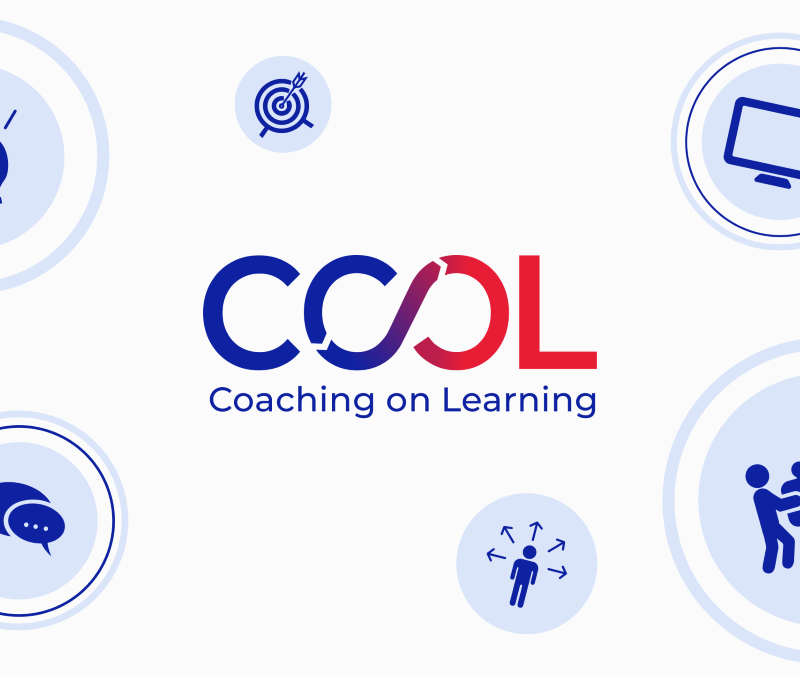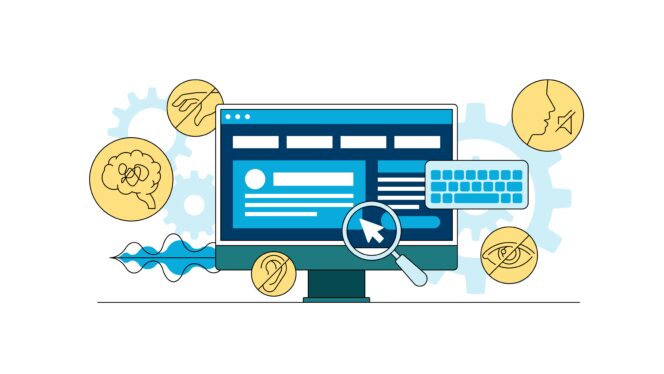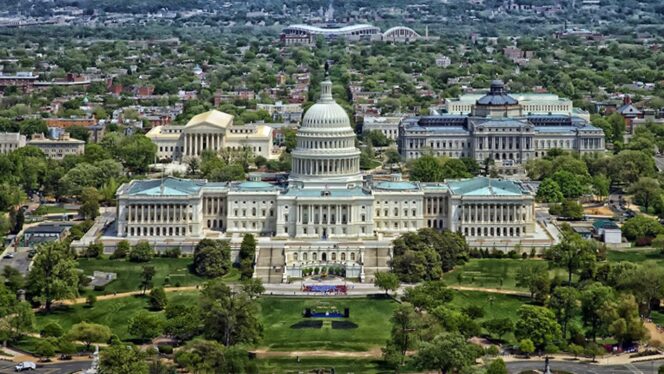Project Description
Project Name
Project COOL: COaching On Learning (COOL)
The Project COOL team developed materials and supports for elementary school instructional coaches to use as they support teachers to improve a variety of outcomes for all learners, especially learners with disabilities.
Project COOL applies Evidence-Based Practices (EBPs) and High-Leverage Practices (HLPs)—that is, essential, research-proven teaching techniques—to support the implementation of robust and engaging learning opportunities for all students to boost academic, functional, developmental, and behavioral outcomes.
Based on implementation science and the Universal Design for Learning (UDL) framework, Project COOL’s coaching model supports improved teacher training in classroom instruction and resource procurement, as well as the development of professional learning communities of coaches. Project team members collaborated with coaches and teachers to apply design-based research to analyze the program’s effectiveness and make evidence-based adjustments and revisions.
Free Resources for Coaches & Teachers
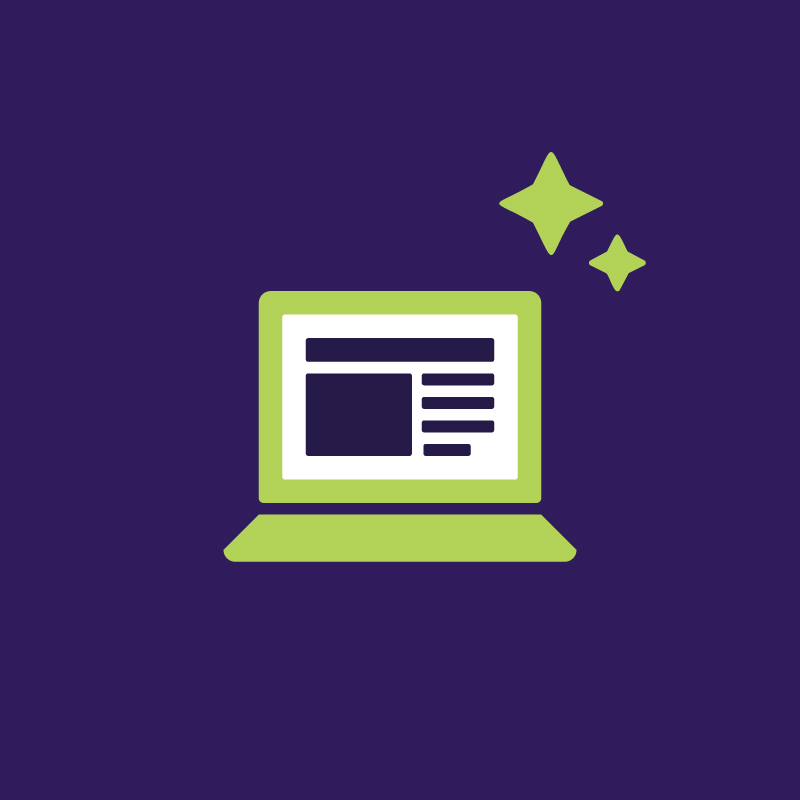
COOL Coaching Modules
Engage with a variety of asynchronous learning modules designed to support coaches and teachers to
- build a foundational understanding of UDL, HLPs, and EBPs,
- apply core principles of the COOL coaching model, and
- explore new ideas and strategies.
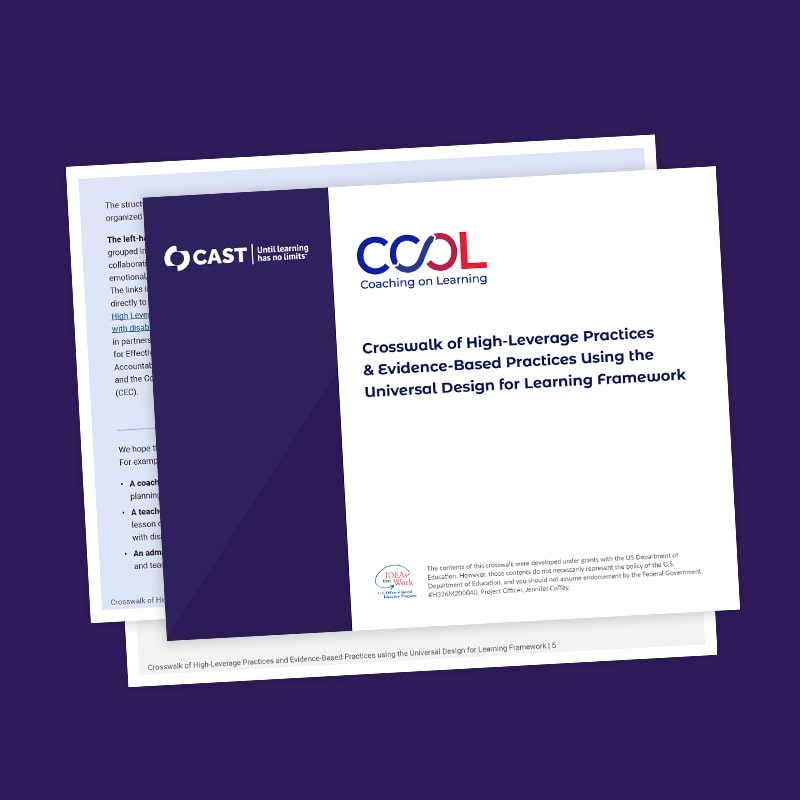
COOL UDL, HLP, and EBP Crosswalk
Explore the Crosswalk that highlights the interconnectedness of UDL, HLPs, and EBPs and how coaches and teachers can integrate these approaches in complementary ways to support elementary learners to thrive.
COOL Video Series
Administrator’s Perspective – Aligning Initiatives
Durration: 6 minutes
In this video, retired veteran administrators Dr. George Van Horn and Mr. Howard Dicon explore how the Universal Design for Learning (UDL) framework can serve as a structure to align multiple school and district initiatives. They underscore the common challenge of fragmented initiatives and emphasize how UDL can provide a framework to unify focus and guide improvement. The speakers highlight the value of an iterative process and recommend leveraging the COOL Coaching Cycle and associated modules to support ongoing implementation efforts.
Get the Full Playlist
Explore this six-part video series and get perspectives on UDL implementation and insights specific to coaching.
Timeline
October 2020 – April 2025
Funder
U.S. Department of Education, Office of Special Education Programs
Partner
Project Leadership
- James Basham, CAST (PI)
- Jenna Gravel, CAST (Co-PI)
- Tracey Hall, CAST (Co-PI)
- Kathleen Zimmerman, University of Kansas (Co-PI)
Contact
For more information about this project, please reach out via the CAST contact form.
